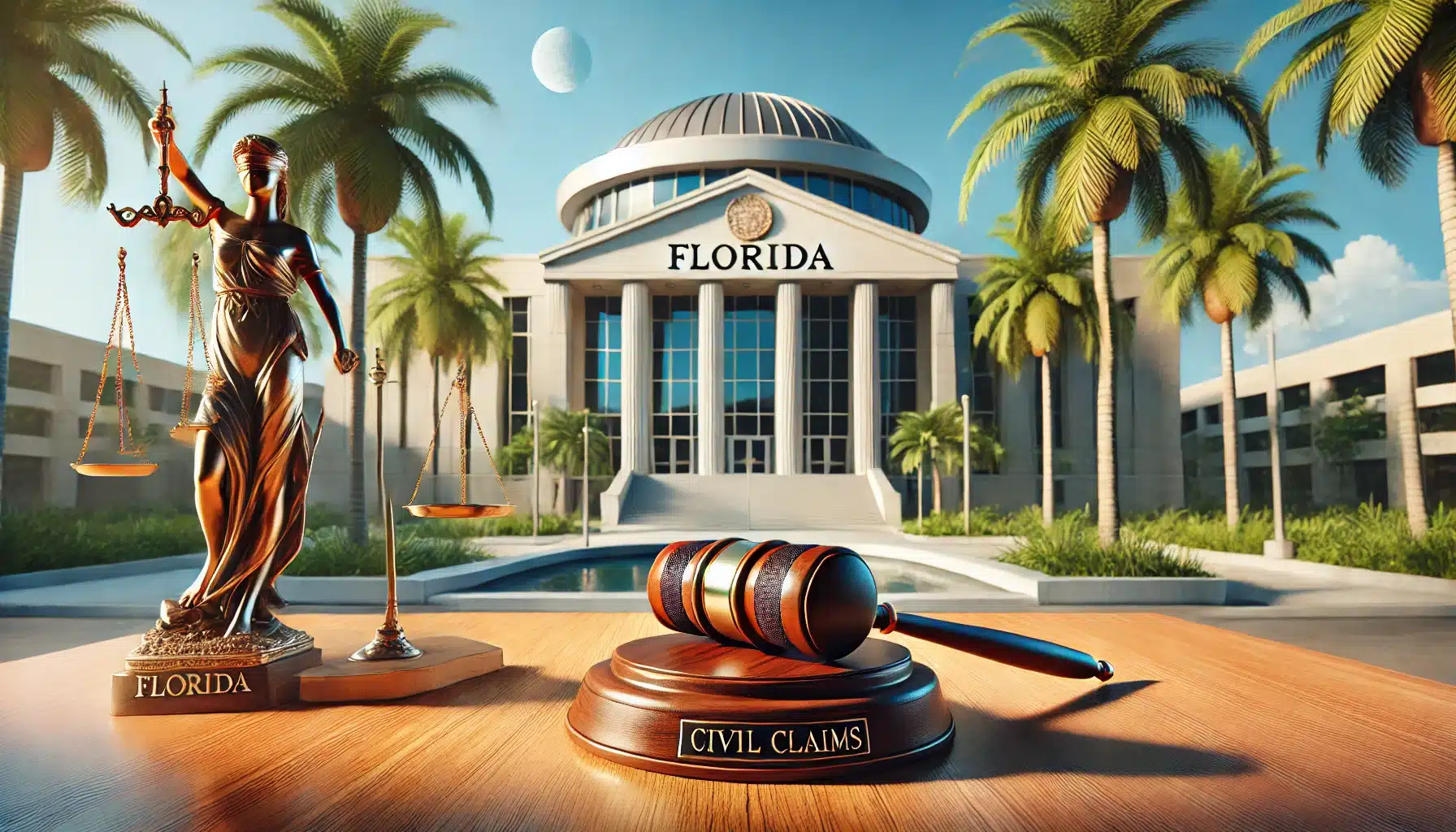How To Prove A Florida Defamation – Libel Per Quod Claim

In Florida, a claim of Defamation – Libel Per Quod is defined as:
Libel Per Quod is a type of slander where the defamatory nature of a written statement is not immediately apparent and requires additional context or information to understand its defamatory meaning. The term “per quod” is Latin for “whereby” or “by reason of which.”
It simply means:
An untrue written statement that may not be immediately recognizable as defamatory.
There are 4 elements of the claim:
- Element 1. The defendant published a false written statement. The defendant made a written statement that was not true, which harmed the reputation of the person it was about, and this false information was shared in a way that could lead others to believe it.
Facts that might support this element look like:
* The defendant published an article in a local newspaper that falsely claimed the plaintiff was involved in criminal activity.
* The written statement included specific allegations that were later proven to be untrue and misleading.
* The defendant failed to verify the accuracy of the information before publication, demonstrating negligence.
* The publication of the false statement caused significant harm to the plaintiff’s reputation and business.
* The defendant had prior knowledge that the information was likely false but chose to publish it anyway. - Element 2. When viewed in context with additional facts and extrinsic evidence, the statement was defamatory. In simple terms, this means that when you consider the statement alongside other facts and outside information, it unfairly harms someone’s reputation, making it a case of defamation that isn’t obvious at first glance.
Facts that might support this element look like:
* The statement in question was made during a public meeting, where the speaker had a history of making false claims about others.
* The statement was published in a local newspaper, which has a reputation for sensationalism and often misrepresents facts.
* Witnesses present at the time of the statement reported that it was made with malicious intent and without any factual basis.
* The statement was accompanied by misleading images that distorted the truth and further harmed the subject’s reputation.
* Subsequent discussions in the community reflected a significant change in perception of the subject, leading to social and professional repercussions. - Element 3. The plaintiff suffered special damages. In a defamation case, “the plaintiff suffered special damages” means that the person who was harmed can show specific financial losses, like lost income or medical expenses, directly caused by the false statements made about them.
Facts that might support this element look like:
* The plaintiff lost a lucrative job opportunity due to the false statements made by the defendant, resulting in a significant loss of income.
* The plaintiff incurred medical expenses for therapy sessions to address the emotional distress caused by the defamatory statements.
* The plaintiff’s reputation in the community was severely damaged, leading to a decline in business and a loss of clients.
* The plaintiff experienced increased anxiety and depression, requiring medication and treatment, which resulted in additional financial burdens.
* The plaintiff was unable to secure a promotion at work due to the negative perceptions created by the defendant’s statements, impacting their career advancement. - Element 4. The special damages were proximately caused by the defendant’s statement. In a defamation case, “special damages were proximately caused by the defendant’s statement” means that the harmful effects, like lost income or reputation, directly resulted from what the defendant said, showing a clear link between the statement and the damages suffered.
Facts that might support this element look like:
* The defendant’s statement falsely accused the plaintiff of embezzlement, leading to the plaintiff’s termination from their job.
* Following the defendant’s statement, the plaintiff lost several business contracts due to damaged reputation and trust.
* The plaintiff incurred significant legal fees while attempting to clear their name after the defendant’s defamatory remarks.
* The defendant’s statement caused the plaintiff emotional distress, resulting in medical expenses for therapy and counseling.
* The plaintiff’s social relationships deteriorated as a direct result of the defendant’s false claims, leading to isolation and further emotional harm.
(See Boyles v. Mid-Florida Television Corp., 431 So. 2d 627 – Fla: Dist. Court of Appeals, 5th Dist. 1983.Piplack v. Mueller, 97 Fla. 440, 121 So. 459 (Fla. 1929).)
If you’re in court without a lawyer and plan to assert a Claim of Defamation – Libel Per Quod, having a Personal Practice of Law at Courtroom5 is essential. You’ll need to make critical decisions about what to file at each phase of your case and prepare legal documents supported by thorough legal research and a strong analysis of the facts. Equip yourself with the tools and knowledge to navigate your case effectively.
Prove Your FL Defamation – Libel Per Quod Claim
U.S. Civil Cases Only
